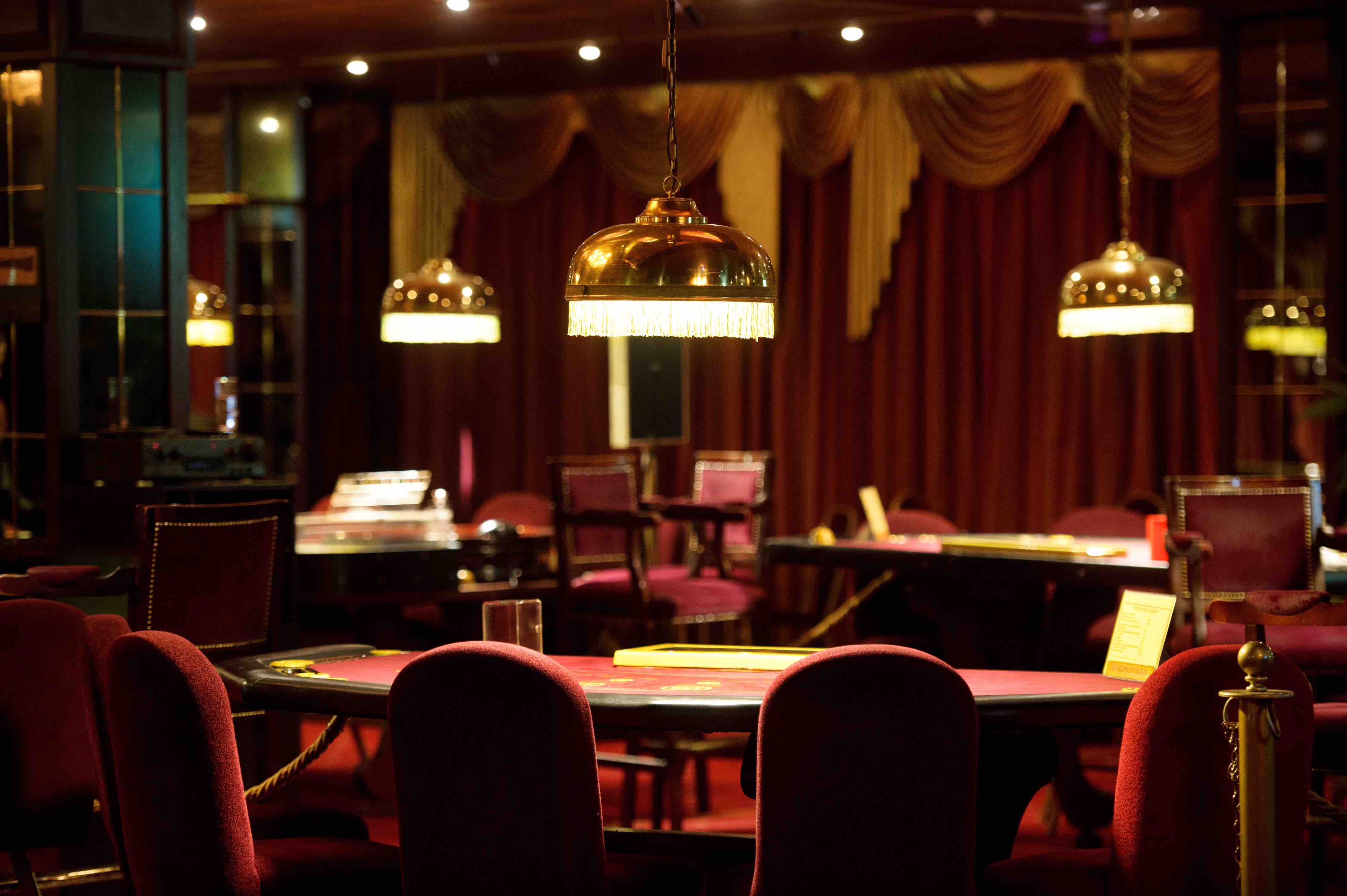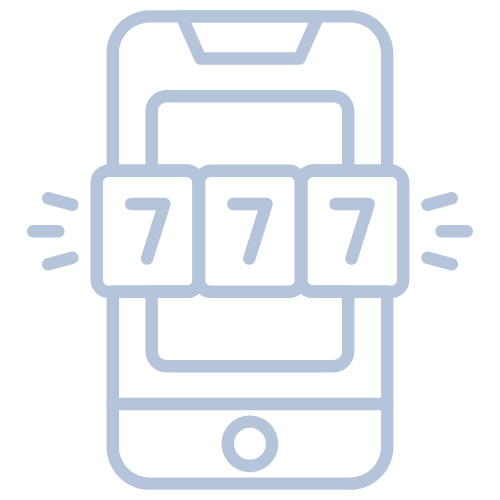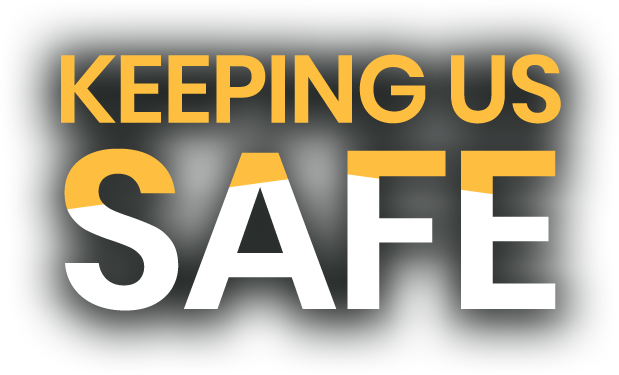
Welcome to the
Pennsylvania Gaming
Control Board
Control Board
Providing Oversight of the Commonwealth's
Regulated Gambling Industry
Regulated Gambling Industry
What is the PGCB
The Pennsylvania Gaming Control Board is an independent state agency tasked with protecting the public's interest through the regulation of casino and internet-based gambling, sports wagering, video gaming terminal (VGT) gambling, and fantasy sport games. It performs this task at no taxpayer expense.Leadership
Chair:
Denise J. Smyler
Executive Director
Kevin F. O'Toole
I would like to
View Pennsylvania Gaming Operators


-
Hundreds of kids are left unattended annually at Pennsylvania Casinos.Click here to learn more
-

PGCB MEETINGS
Regular Board Meetings and Special Meetings
Our meeting platform allows you to search archived and upcoming regular Board and special meeting information (Files, location and videos) in a click.



Did you know PGCB does onsite presentations?
We can address:
- Casino oversight
- Sports wagering and online gaming
- Nurturing integrity within the industry
- Supportive services for those with gambling habits
- And more!


BENEFITS FOR PENNSYLVANIANS
PGCB is dedicated to fulfilling its objective in the Commonwealth to deliver a significant source of revenue that provides broad economic opportunities and enhance tourism.

Press Release Homepage Block
Newsroom
Press Releases issued by PGCB
12.17.2025
PA Gaming Control Board Revokes Gambling Privileges from 15 persons
12.17.2025
Pennsylvania Gaming Sets New Monthly Revenue Record
11.19.2025
PA Gaming Control Board Takes Enforcement Actions on Video Gaming Terminal Operators
11.19.2025
Record iGaming Revenue Highlights PA Gaming Control Board’s October Financial Report
10.22.2025
PA Gaming Control Board Levies $72,000 in Fines
10.17.2025
Gaming Control Board Reports a Revenue Increase of 5.5% in September





